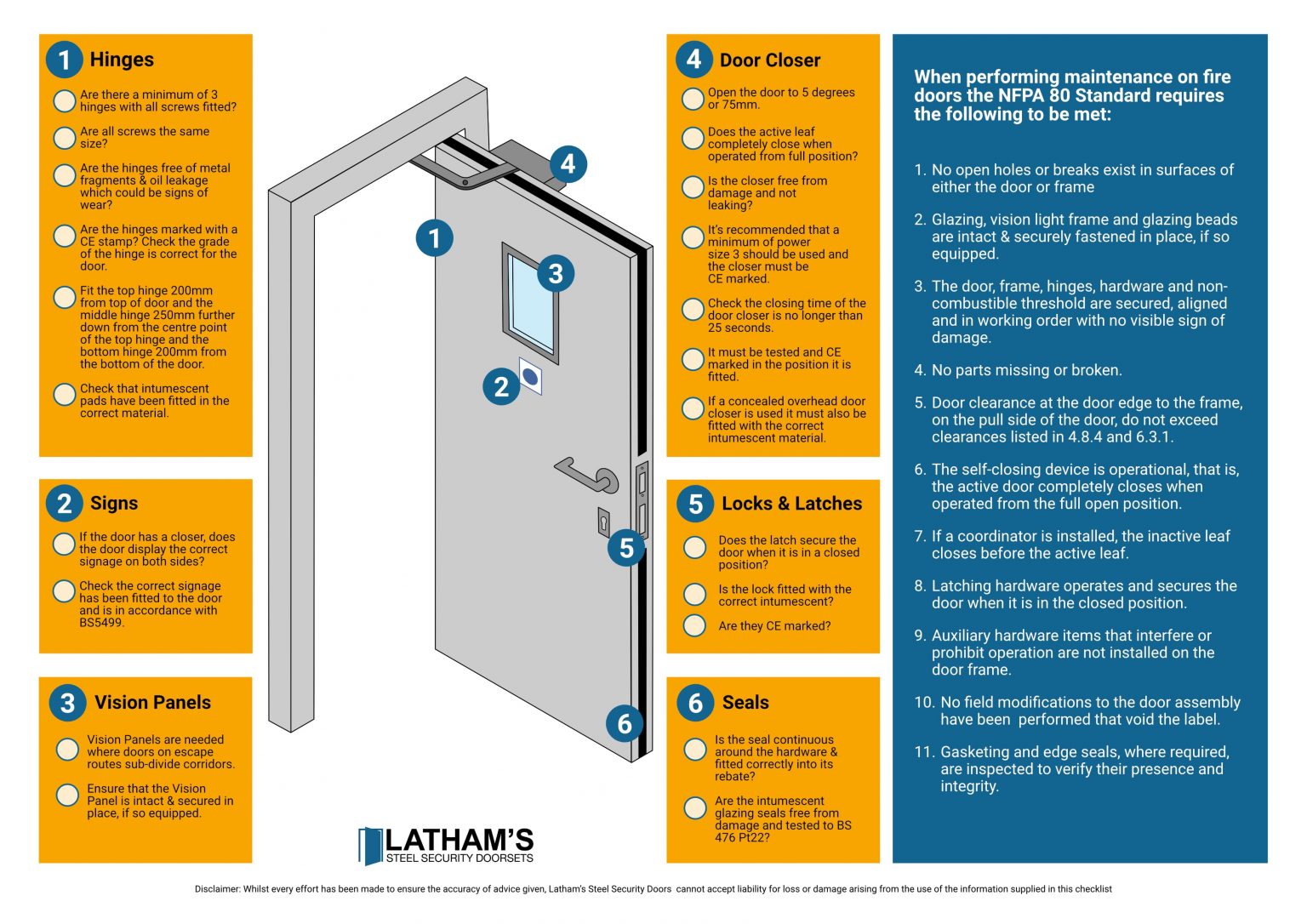Office Fire Safety: Renewals for US Companies
Office Fire Safety: Renewals for US Companies
Blog Article
Ensuring a safe workplace isn’t just a legal obligation—it’s a moral one, protecting employees, clients, and property.
We’ll explain why training matters, how to prepare for inspections, and what best practices help businesses stay compliant year after year.
Read on to discover how to navigate certification renewals with confidence.
Why Fire Safety Matters in US Offices
Electrical malfunctions, kitchen mishaps, overloaded circuits, or improper storage can all ignite dangerous workplace fires.
Investing in proper fire safety measures is not just about meeting legal codes; it’s about creating a culture of care and preparedness.
That’s why understanding the full scope of fire safety—training, equipment, documentation, and inspections—is essential for every organization.
How Fire Brigade Training Prepares Offices for Emergencies
In the US, fire warden (sometimes called fire brigade) training equips designated employees with the knowledge and skills to lead evacuations, assist during emergencies, and communicate effectively with first responders.
Employers are responsible for selecting suitable fire wardens and ensuring they receive regular training updates.
Choosing a certified training provider is critical.
How to Prepare for Fire Safety Certification and Renewals
These certifications confirm that the office has adequate fire alarms, extinguishers, evacuation plans, signage, and trained personnel in place.
To prepare, start by conducting an internal audit.
Certification isn’t a one-time event—renewals are typically required every few years or after major renovations or occupancy changes.

Best Practices to Maintain Fire Safety Year-Round
US offices that prioritize ongoing safety measures are less likely to face emergencies and better prepared when incidents occur.
Regular maintenance is critical: schedule monthly checks on fire alarms, smoke detectors, sprinkler systems, and extinguishers.
When fire safety becomes part of the daily routine, employees are more confident, better prepared, and less likely to panic during a real event.
Understanding the Risks of Non-Compliance in Fire Safety
Non-compliance can lead to fines, lawsuits, business license suspension, or even criminal liability if negligence results in harm.
Insurance coverage is also tied to compliance.
By prioritizing fire safety, businesses demonstrate responsibility and reduce the risks of costly legal and financial setbacks.

Why Every US Business Needs Strong Fire Safety Practices
US companies that take fire safety seriously strengthen their resilience, enhance employee confidence, and minimize operational risks.
They not only meet legal obligations but also build trust with employees, clients, and insurers.
Keep your team informed, your equipment updated, and your plans reviewed regularly.
Common Questions on Workplace Fire Prevention
Who needs fire warden training in a US office?
Typically, designated employees such as team leads, managers, or safety officers receive fire warden training.
How often should fire safety certifications be renewed?
Regular internal reviews help ensure continuous compliance and smooth renewal processes.
What should companies watch out for to prevent fires?
Routine inspections and employee awareness help prevent these hazards.
Why do insurers care about fire safety?
Staying compliant protects both your business and your financial stability.
What elements make up a solid fire emergency plan?
It should be clearly communicated, posted in visible areas, and reviewed regularly with staff.
leia mais Report this page